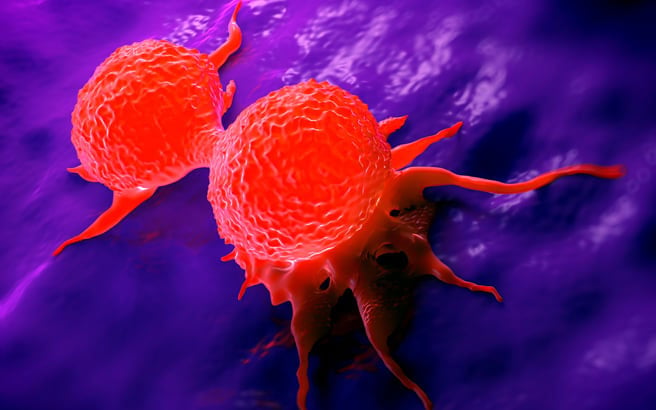
 The debate between ‘nature and nurture’ is often discussed with strong views and the same is true when it comes to thinking about our risk of breast cancer – is our diet and lifestyle responsible, or is it all down to the genes we inherit? World Cancer Research Fund and Breast Cancer Now opened up this discussion at the World Cancer Congress to see what people from all over the world thought was the culprit for this disease.
The debate between ‘nature and nurture’ is often discussed with strong views and the same is true when it comes to thinking about our risk of breast cancer – is our diet and lifestyle responsible, or is it all down to the genes we inherit? World Cancer Research Fund and Breast Cancer Now opened up this discussion at the World Cancer Congress to see what people from all over the world thought was the culprit for this disease.
The session began by highlighting the evidence for how our diet and lifestyle can affect breast cancer risk and survival. World Cancer Research Fund’s analysis of research from all over the world in the Continuous Update Project has found that weight, drinking alcohol and physical activity can all affect your risk of breast cancer. In fact, about 2 in 5 breast cancer cases in the UK could be prevented by maintaining a healthy weight, being physically active and not drinking alcohol – that’s 20,000 fewer cases a year. This certainly supports the idea that our environment and the choices we make – our ‘nurture’ – affects our cancer risk.
The chairperson of the session, Annie Anderson from the Scottish Cancer Prevention Network, commented, “Research in breast cancer prevention must include ways to raise awareness, support and facilitate weight management, increase physical activity and lower alcohol intake.”
The discussion then explored the genetic risk factors for breast cancer – our ‘nature’. Breast Cancer Now funds the Generations study, where over 100,000 women are followed up for 40 years and their blood is sampled to evaluate their genetic background and to look at any changes occurring in their genes. This landmark study will provide valuable data on how genetics can affect breast cancer risk, including how genes can affect our metabolism and how we react to our environment. This will add to what we already know which genes can make you more likely to get breast cancer. These genetic links support the ‘nature’ argument – that our inherited genes are responsible for our health.
We agree that we need to understand and communicate both lifestyle related risk factors that we can control and also genetic factors, which we can’t change. In the future we would like to see more research done on how lifestyle factors and genetic factors interact so that we can begin to see an even clearer picture on what causes breast cancer and be able to make better predictions on breast cancer risk. While we know the answer to some of the questions around the nature or nurture debate, some of them are still unanswered.
